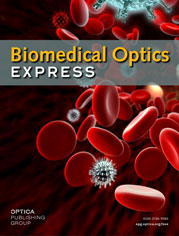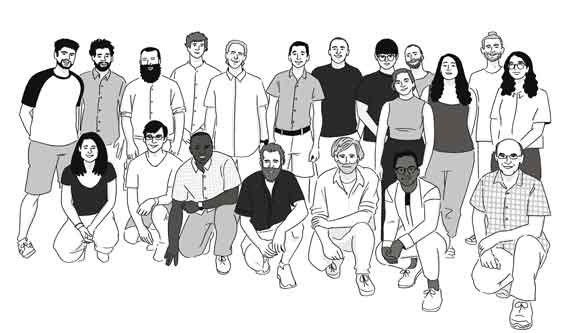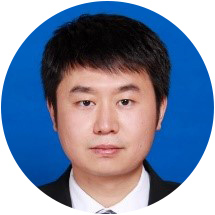Biomedical Optics Express Best Paper Prize

As a leading journal for the interdisciplinary biomedical optics community, Biomedical Optics Express is dedicated to offering the best experience to our authors and readers through rapid and broad dissemination of high-quality research. The Journal focuses on fundamental research, technology development, biomedical studies and clinical applications in both the foundational and leading-edge topics of the field.
Biomedical Optics Express has a Best Paper Prize to distinguish influential/pivotal research related to optics, photonics and optical imaging in biomedicine. This annual Prize recognizes one outstanding paper that published in the Journal within the three previous years. The recipients are selected by a committee of Biomedical Optics Express Editors representing a range of topics across the scope of the Journal. The criteria include overall significance, quality, and presentation. The Prize includes a certificate of recognition and waiver of a future publication fee in Biomedical Optics Express.
To be eligible for the Prize, the paper must be published within the three previous calendar years. For example, the 2024 Prize window is composed of research articles published in 2021, 2022, and 2023.
2023 Best Paper Prize Winners

Joel T. Collins, Joe Knapper, Julian Stirling, Joram Mduda, Catherine Mkindi, Valeriana Mayagaya, Grace A. Mwakajinga, Paul T. Nyakyi, Valerian L. Sanga, Dave Carbery, Leah White, Sara Dale, Zhen Jieh Lim, Jeremy J. Baumberg, Pietro Cicuta, Samuel McDermott, Boyko Vodenicharski, and Richard Bowman
This paper presents an open-source, 3D-printed, and fully-automated laboratory microscope, with motorized sample positioning and focus control. Of interest is the careful design of this microscope for low-resource settings and the production of over 100 such microscopes in Tanzania and Kenya for educational, scientific, and clinical applications.
2023 Honorable Mentions
Rishyashring R. Iyer, Mantas Žurauskas, Qi Cui, Liang Gao, R. Theodore Smith, and Stephen A. Boppart
Peter T. Brown, Rory Kruithoff, Gregory J. Seedorf, and Douglas P. Shepherd



Fast, volumetric live-cell imaging using high-resolution light-field microscopy
Haoyu Li, Changliang Guo, Deborah Kim-Holzapfel, Weiyi Li, Yelena Altshuller, Bryce Schroeder, Wenhao Liu, Yizhi Meng, Jarrod B. French, Ken-Ichi Takamaru, Michael A. Frohman, and Shu Jia
The paper reports a high-resolution light-field microscopy (HR-LFM) system for live-cell imaging with a resolution of 300-700 nm in all three dimensions, an imaging depth of several micrometers, and a volume acquisition time of milliseconds. The authors showed the feasibility of the technique by imaging various cellular dynamics and structures and tracking single particles. The technique may promise LFM as a particularly useful tool for understanding biological systems at multiple spatio-temporal levels. The thoroughness of the study, the clarity of presentation, and the significance of the work were factors in awarding the prize.
